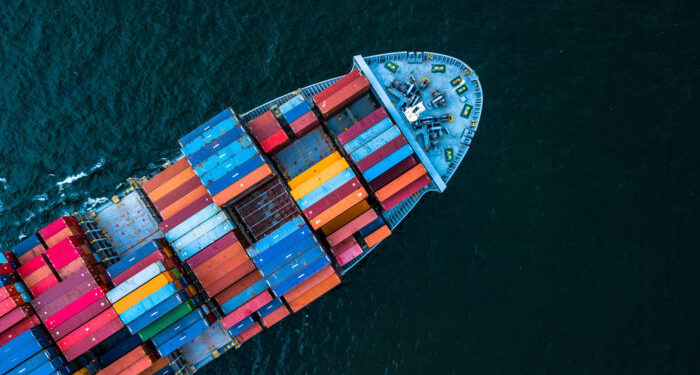For almost ten years there has been a continuous issue of vessels incurring customs fines in Dakar, Senegal.
According to the Britannia Club, these occur when there is an apparent discrepancy between the vessel’s customs declaration and the actual quantity of the items on board at the time of the custom’s officer’s attendance.
The magnitude of fines imposed can be up to four times the value of the undeclared parts / products etc.
A reason why this happens is because the Senegalese Customs Code is interpreted widely by customs officers with allegations, where alleged violations are found, often being termed smuggling or contraband to give the matter additional gravitas.
For this reason, vessels should ensure that their customs declarations are completed as accurately as practicable.
The following measures should be considered, to protect the vessel’s and Member’s interests if calling at Dakar:
- Determine, via the local agent, exactly what documentation is required by the customs authorities prior to arrival.
- All items onboard, including fuel oil, lubricating oil, paint, provisions and crew personal effects need to be accurately recorded on the required documentation.
- Have all customs documentation ready in advance of berthing, so far as is possible, considering that some consumables, such as fuel oil and provisions, are being used on a continual basis.
- It is recommended that the vessel’s local agent be in attendance upon arrival and witnesses any interaction between the ship’s personnel and the local customs officers.
- If any discrepancies are found between what has been declared and what is onboard, the local correspondent and the Club should be contacted straightaway for assistance.
Furthermore, no attempt should be made to settle any matter unofficially with a cash payment to the customs authorities., This could be construed as bribery and lead to additional charges being levied against those involved.
Prior to arrival the crew should be advised not to entertain any trade with local fishing boats or similar, for example, the bartering of used lubricating oil drums or mooring ropes, as this may also lead to issues with the customs authorities if they are alerted by the other parties involved
Britannia concludes.































































